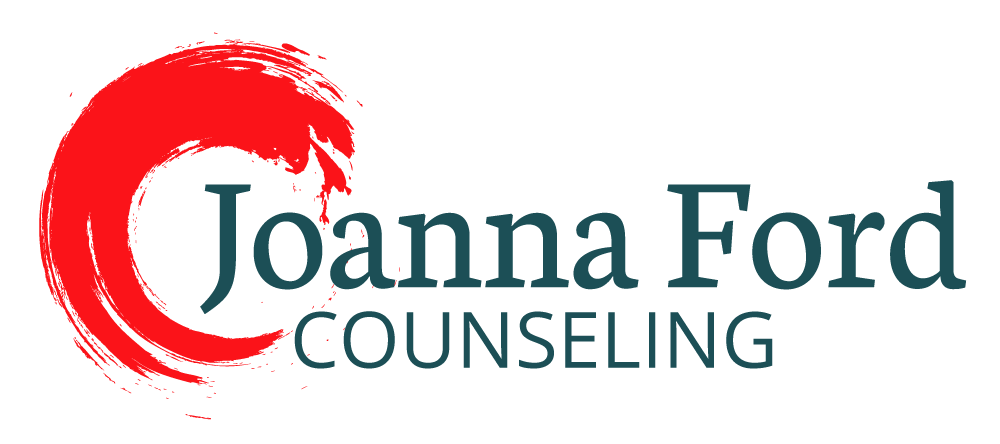Fees
Fees
I accept cash, checks and credit cards for private pay clients (MasterCard and Visa only). I also accept some Medicaid Coverage.
I can provide a receipt for services.
GOOD FAITH ESTIMATE
On January 1, 2022, the “No Surprises” Act went into effect, this is designed to provide transparency regarding medical expenses and to protect individuals from surprises when they receive their medical bills.
This act requires health care practitioners to provide current and potential clients a “Good Faith Estimate” (GFE) on the cost of treatment. Currently under the law, health care providers need to give clients who don’t have insurance or who are self pay and not using their insurance (submitting superbills for out of network reimbursement) an estimate of the bill for medical items and services.
Due to a variety of factors it can be challenging to estimate the length of treatment for mental health counseling. Each individual client is unique and has various circumstances and unforeseen issues that may impact length of treatment. Some clients are satisfied with a reduction in symptoms while others continue longer because they see it is beneficial to do so. Others begin to schedule less frequently, and may continue to attend therapy on an as needed basis. You will work collaboratively with this therapist to determine the frequency and duration of treatment and you can decide how long to stay engaged in therapy.
This therapist is committed to helping clients feel better and reach their goals as soon as possible. The fee per session is displayed on this page as well as in consent forms. A client will not be charged more per hour than expected unless there is a change in fee, in which case there will be advanced notice of this fee change and there will be signed consent to the new hourly rate.
In summary, providers and facilities must give you:
- Your good faith estimate before an item or service is provided, within certain timeframes.
- An itemized list with specific details and expected charges for items and services related to your care. This includes related costs like medical tests, prescription drugs, equipment, and hospital fees.
- Your good faith estimate in writing (paper or electronic). Note: A provider or facility can discuss the information included in the estimate over the phone or in person if you ask.
- Your estimate in a way that’s accessible to you.
- If you receive a bill that is at least $400 more than your Good Faith Estimate, you can dispute the bill. See the website below for steps to take.
- Make sure to save a copy or picture of your Good Faith Estimate.
For more information about The Good Faith Estimate policy, visit www.cms.gov/nosurprises
Recent Posts
PMDD Diagnosis
PMDD is a hormone based mood disorder with symptoms arising during the Premenstrual or luteal phase of the menstrual cycle (from IAPMD.org) Folks that have a menstrual cycle can experience symptoms such as cramping, bloating, fatigue, a feeling of heaviness, headache,...
PMDD Therapy Is An Important Part Of Your Healing
While premenstrual dysphoric disorder (PMDD) is a medical condition—more specifically an endocrine disorder, meaning that it is a hormone-related disorder—PMDD is also a mental health condition that affects women and those who identify as female mentally, emotionally,...
PMDD, Mental, Hormonal or Physical Disorder?
PMDD or Premenstrual Dysphoric Disorder can impact your health in a number of ways. Most folks that deal with PMDD will tell you it impacts their mental and physical state. Some will say it impacts their spiritual state as well. I have heard it described as “soul...
